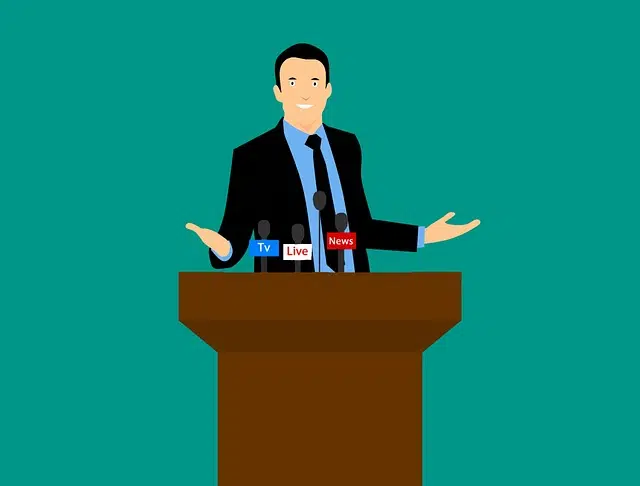
When paraphrasing, the original words of a message or speech are replaced but without altering its meaning.
The notion of paraphrase is used to name an exposition or explanation that is made about a message so that it is easier to understand. This action is known as paraphrasing .
When paraphrasing, therefore, a person performs a paraphrase of a speech, whether oral or written. To do this, words, syntax and other elements of the original content must be replaced, always respecting the meaning, so that information is not lost in the process.
For example: “I am going to paraphrase the president, who said that education is the solution to any problem or something similar,” “The professor warned that at the conference he was going to paraphrase various scientists and suggested to the attendees that, after the class, look for the original texts” , “The footballer surprised by paraphrasing the rival team's coach” .
Paraphrasing in journalism and teaching
It is common for a journalist to decide to paraphrase a personality when reporting news. If the reporter must refer to a speech given by a government minister, it is likely that he will make almost no textual quotes, but rather paraphrase the most important concepts (that is, convey them in his own words).
Teachers , on the other hand, usually paraphrase the authors they use as a reference to discuss a certain topic. A biology professor, for example, can paraphrase Charles Darwin when explaining the theory of evolution . Even the study materials that students use often do not include all of the original texts: instead, they feature short quotes and long paragraphs of paraphrases that state the main ideas.

Paraphrasing means explaining something in your own words.
Explain with other words
Paraphrasing is very useful to analyze a text that we have read or a documentary that we have seen, for example, since it forces us to explain in our own words the content that we have incorporated and leads us to ask ourselves questions and review it to establish certain concepts. Through this simple and challenging technique , we can improve our ability to understand while becoming more effective communicators .
One of the problems that teachers in many parts of the world are currently facing is the poverty of their students' language. More and more young people refuse to embrace the language and settle for the fundamental terms and structures , or even less. Communication is one of the most important tools we have to survive in this era, and it does not always help us express our own ideas, but many times we must transmit other people's messages.
Learn to paraphrase
Some teachers try to teach their students to paraphrase through exercises that consist of watching a documentary or a movie whose theme is related to the program, and then creating a composition focusing on certain points of the content. This may seem tedious and unnecessary to some, but it puts to work a capability that many do not take advantage of. How many times do we try to relate something we read and do not find the words or structures that allow us to articulate the message in a harmonious and fluid way? To improve, as in many other cases, practice is the key.
Behind the exercise of telling what we have read or seen hides the use of an invaluable resource: synonyms . This, in turn, is linked to the ability to define words, something that we also do not use very often. In primary school we are taught to never include a term in its own definition, but to describe its appearance, its functions, its properties; In this search we enrich ourselves because we penetrate the surface of the language to reach its depths, to understand the words through a complex series of relationships, something very useful when paraphrasing.
